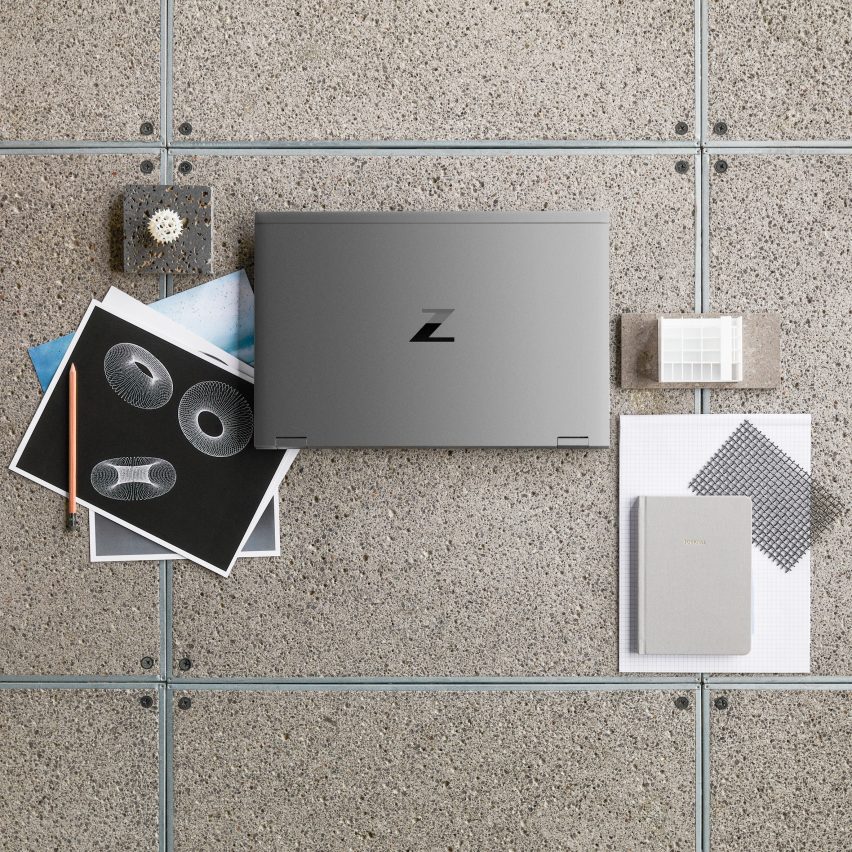
Dezeen promotion: technology company HP's range of HP Z workstations allow professionals in the design and architecture industries to access the same powerful technology they'd have in the office while working from home.
According to HP, many architects and designers faced serious challenges with the shift to working remotely during the coronavirus pandemic due to the lack of access to powerful, secure technology usually used in office environments.
"Suddenly, everyone across the industry was faced with the need to work more effectively while remaining socially distanced," said Dan Barham, advanced computer and solutions market lead at HP.
"This posed an issue for the industry, as a report by workforce management experts Mitrefinch found that engineering firms are one of the least prepared sectors in the UK to deal with remote working."
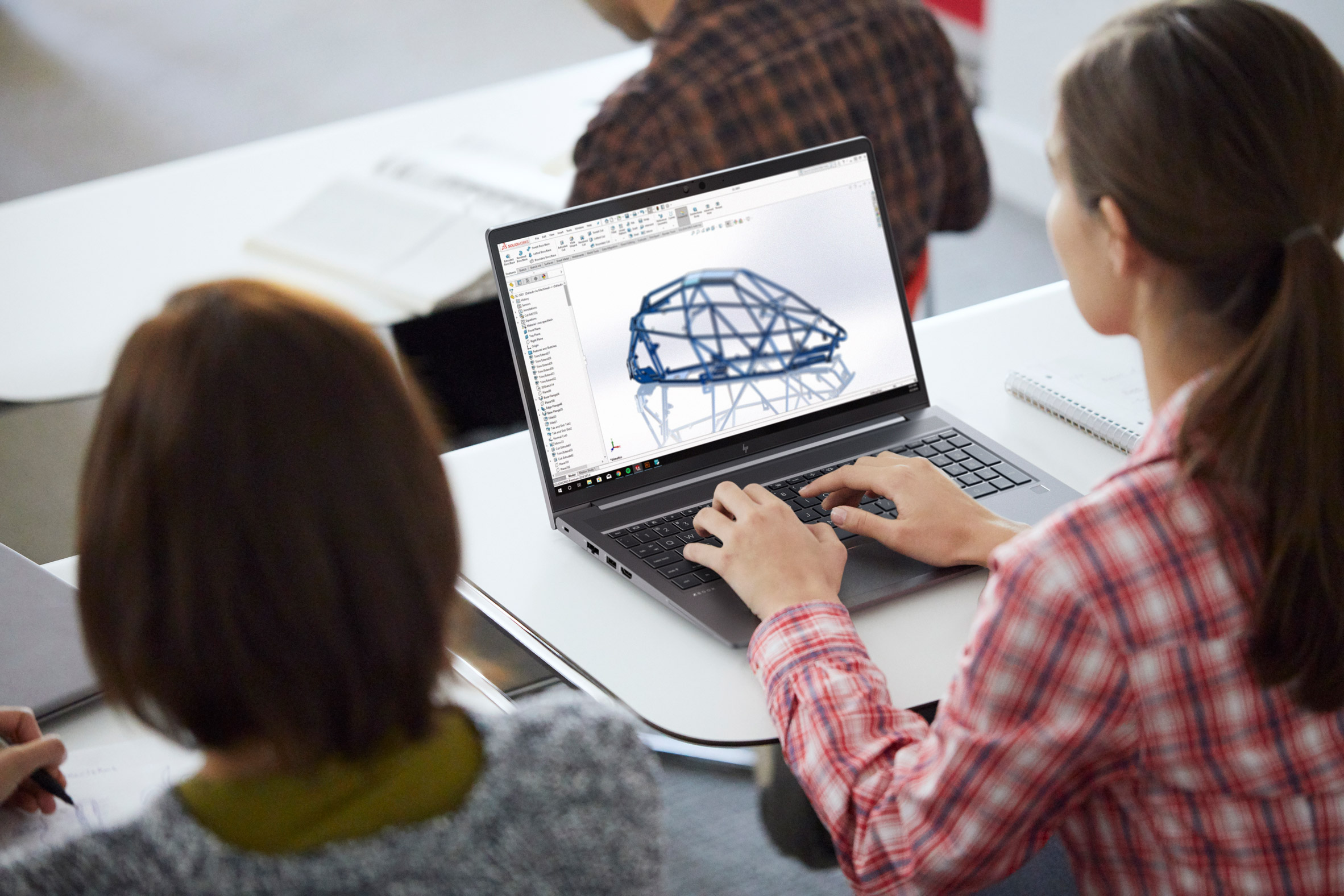
The HP Z workstations aim to solve some of these problems as they were designed to deliver the graphic and processing power needed to undertake complex computational design and data tasks.
"The kind of software required to virtualise construction, engineering and architecture workflows needs substantial computing power," said Barham.
"This is required to process large data volumes, in real-time and for multiple participants – imagine several engineers and architects all moving through a virtual-reality simulation of the project, all interacting with data, each other and the 3D rendering as they go."
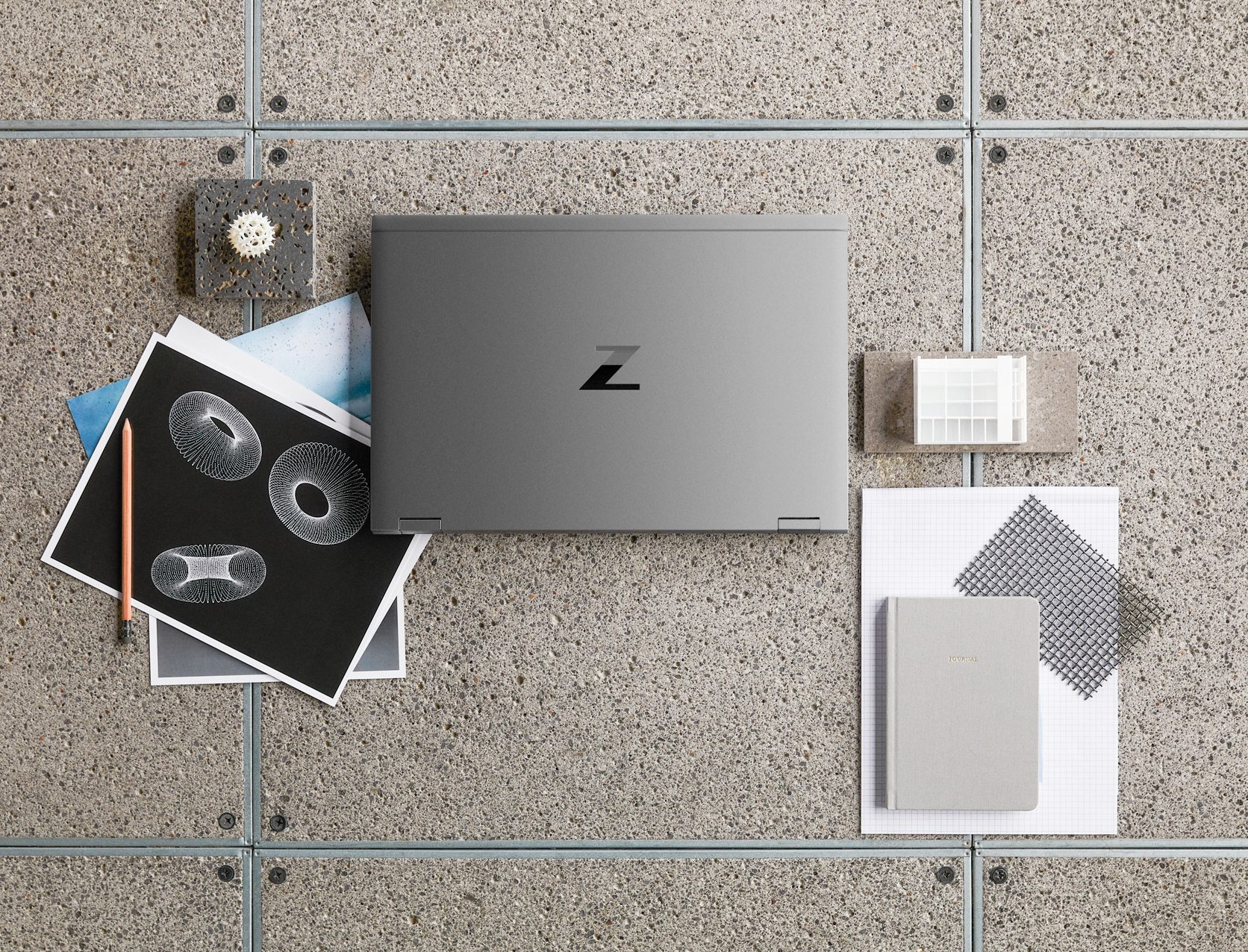
According to Barham, hardware must "render on the fly" often with high standard colour accuracy and precision.
This includes 4K video editing, data processing and 3D modelling required in building information modelling, virtual reality and augmented reality.
To work effectively with these technologies, and fully realise their potential, HP believes that engineering and design professionals need solutions capable of accelerating workflows.
As a result, HP's workstations are intended to enhance user's graphic performance without falling short on security.
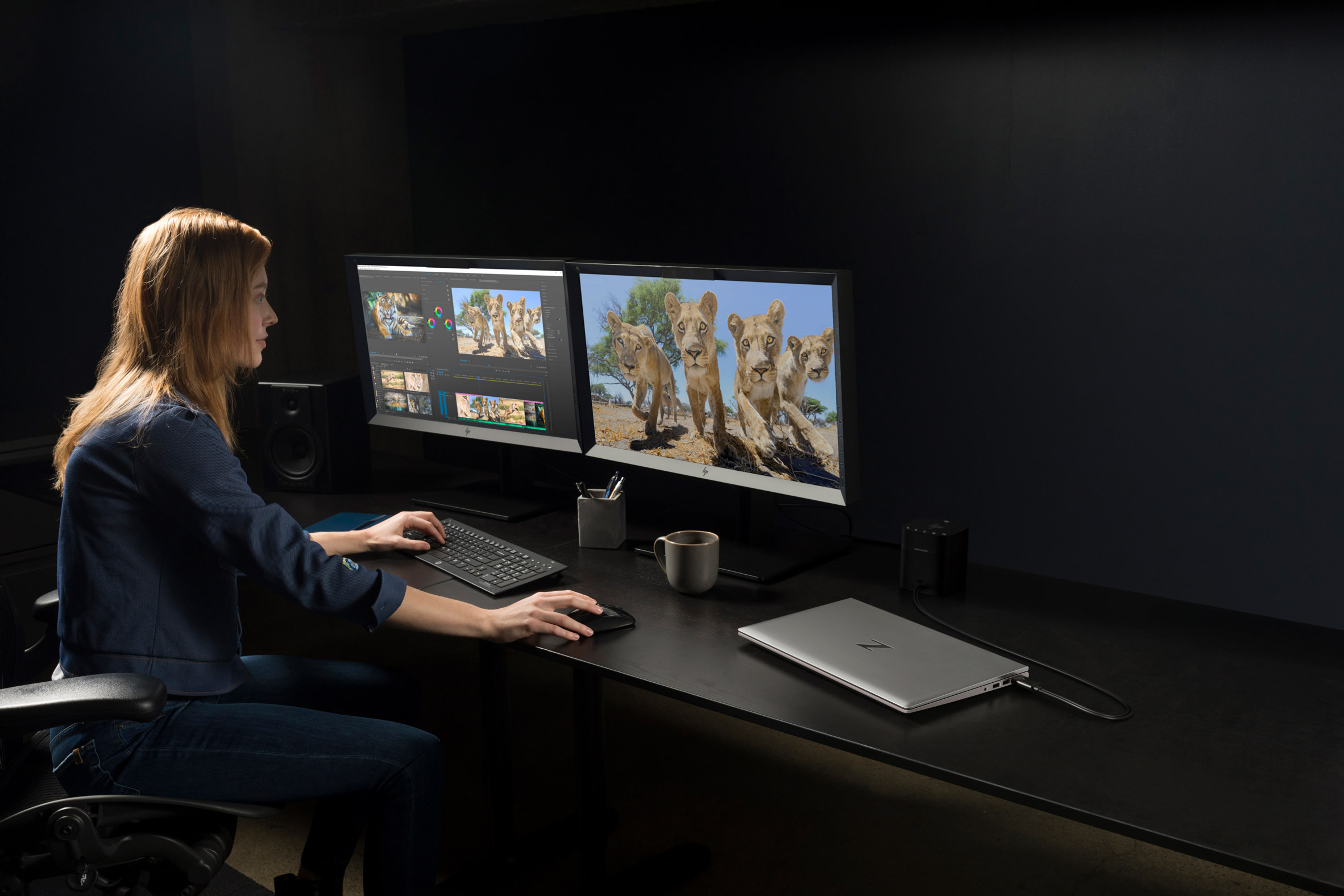
This allows users to access the same powerful technology they'd have in the office while working from home.
The ZCentral solution can use an encrypted connection where users access a virtual desktop meaning the individual's and company data is locked down and secured.
"For users such as designers and architects who need colour precision, the ideal workstation should have built-in self-calibration, ensuring it delivers predictable, accurate colour processing effortlessly while working with True 2K and 4K content," explained Barham. "This delivers the power needed to run graphics and data-intensive professional applications."
"Z by HP workstations have been designed to support whatever workflow is thrown at it and can handle dual CPU and dual graphics card configurations for maximum performance."
"Unlike a virtual server or cloud solution, users get direct, undivided workstation access to do 3D modelling or 4K video editing from almost any device and all at a predictable cost."
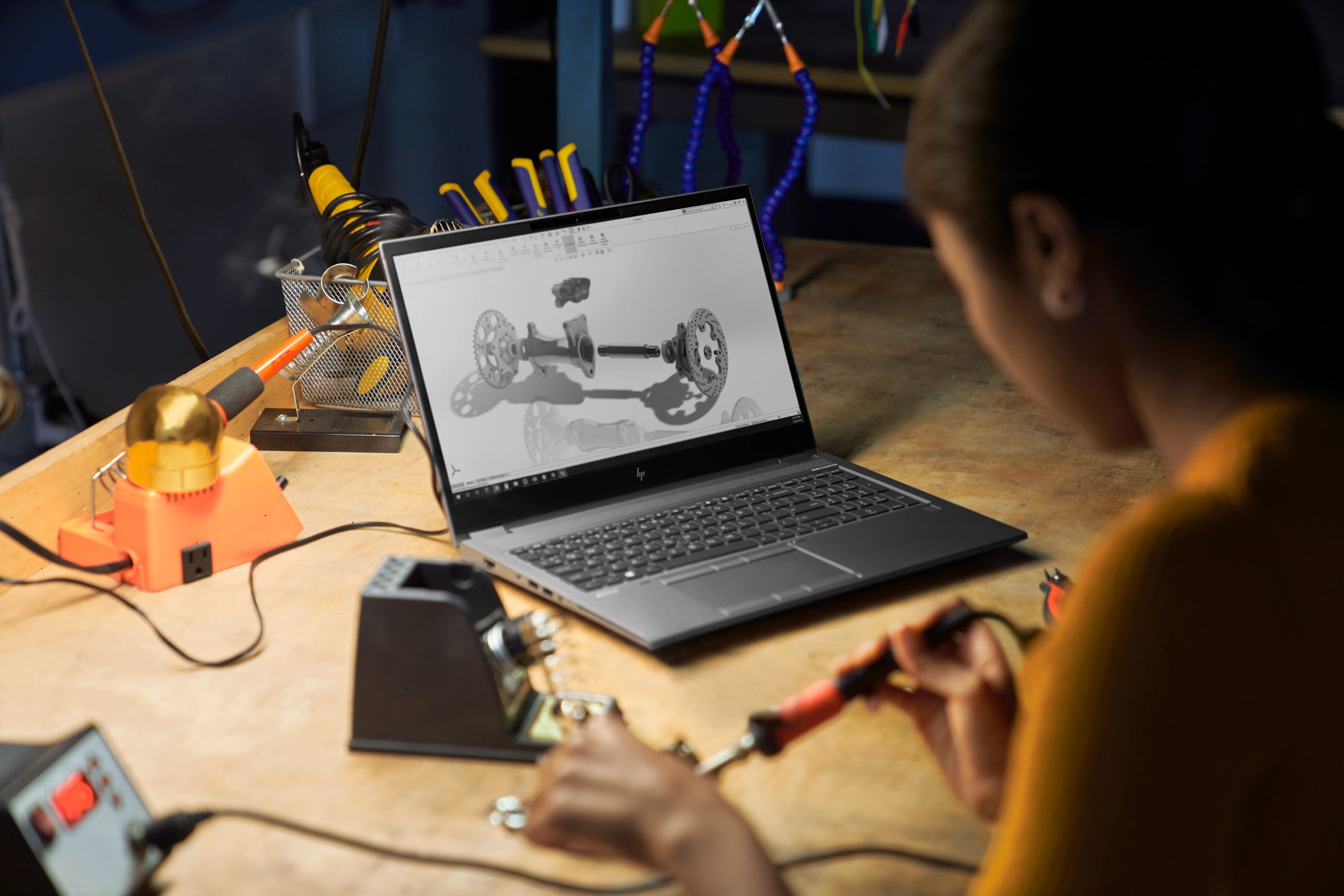
According to the brand, the pandemic has accelerated the trend in construction and engineering for automation and virtualisation.
HP believes architects, engineers and designers must continue to prepare for a long-term working environment with distributed teams.
"AEC professionals need technology capable of unlocking the benefits of all these innovations today, maintaining a competitive edge, while also preparing for the marketplace of the future," said Barham.
To learn more about HP Z Systems, visit the brand's website.
Partnership content
This article was written by Dezeen for HP as part of a partnership. Find out more about Dezeen partnership content here.
The post HP Z systems are powerful workstations designed for working from home appeared first on Dezeen.
from Dezeen https://ift.tt/3yulZn7
No comments:
Post a Comment